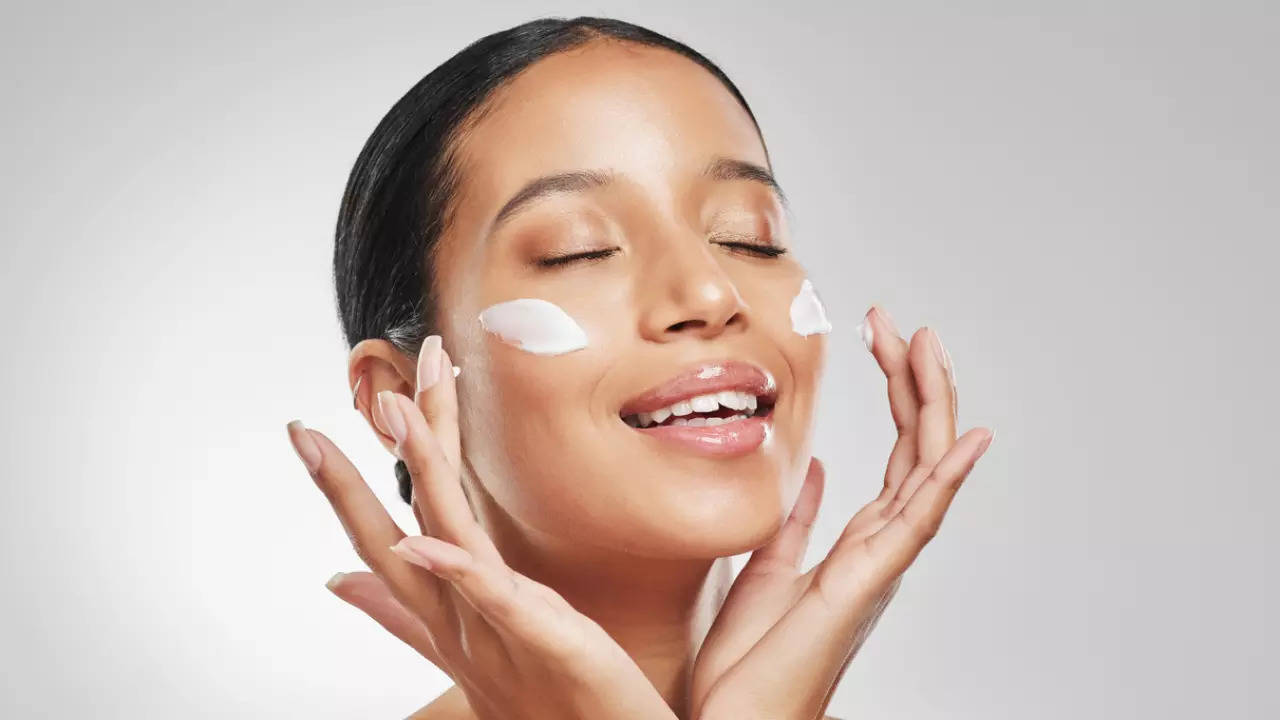All of this is common knowledge at this point in time. However, nobody really talks about after-suncare. After-suncare, as the name states, stands for taking care of the skin after exposure to the sun. Sunscreen alone is not enough. Sun produces the harmful and skin damaging UV rays throughout the year, irrespective of the months or the season, or if it is cloudy. Sun exposure without proper protection of skin in the short term can cause sunburn or dry skin. In the long term though, it can cause various skin conditions from premature ageing to skin cancer. Regular SPF application lasts only for 80 minutes – which is even less than 2 hours. A whopping 90% of premature skin ageing is caused by the sun!
After-suncare has become a necessity, with the increasing damage caused by the harmful ultraviolet rays of the sun. There are products now specifically focusing on the protection of skin post-exposure. Since SPF only provides protection for almost 80 minutes, whether you work in a brightly lit space or one with lots of windows, your skin will need a lot of attention at the end of the day because the sun is harming your skin in some way, whether you’re sunbathing in the common area of your job or spending hours in the sunshine. You must therefore determine how much care your skin needs after the day depending on how much sun exposure you receive.
There are various steps you may undergo in order to take care of your skin post sun exposure:
Exfoliate often – One of the biggest reasons behind dull and uneven skin is the accumulation of the dead skin cells that have been damaged due to sun exposure. A gentle exfoliator can do wonders for, for it gets rid of the dead skin cells accumulated on the skin. Using an exfoliator twice or even thrice a week if needed is a healthy practice.
Including retinol and peptide your routine – Retinol and peptides are popular terms used in the universe of skincare. The usage of these products is not necessarily for getting rid of wrinkles, as it is assumed by many. These tend to be a derivative for Vitamin A to reverse sun-damage by revamping collagen production. However, it can be a strong ingredient. Start by using a retinol-based cream once every two nights until your skin gets used to it. If any irritation appears, use peptide-based creams only.
Team your sunscreen with Vitamin C – Usage of this potent ingredient with your sunscreen can be a godsent. This formula is foolproof! While the sunscreen provides a broad spectrum towards the UV rays, the Vitamin C helps increase its potency. Vitamin C works as the best antioxidant, neutralising free radicals generated by the UV rays of the sun, and providing that extra layer of protection to your skin. Use a Vitamin C serum before applying your sunscreen, and that’ll do the magic!
As it has already been established – sunscreen alone is not enough. Going that extra mile for your skin will only take 5 extra minutes in your daily skincare routine, but it will definitely pay off in the long run, leaving you with smooth, radiant, and glowing skin.
With inputs by Professor of pharmaceutical sciences and technology, Sunday Skin


